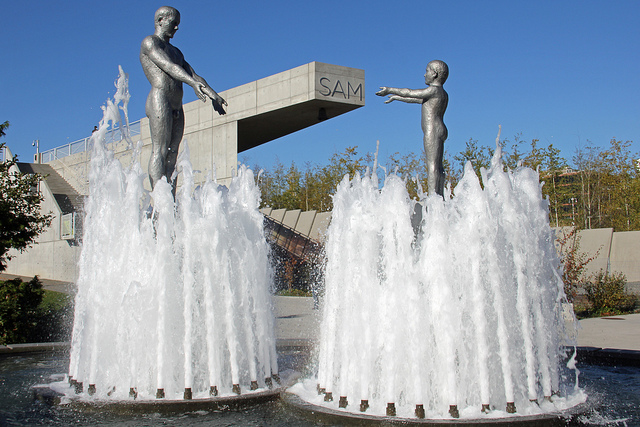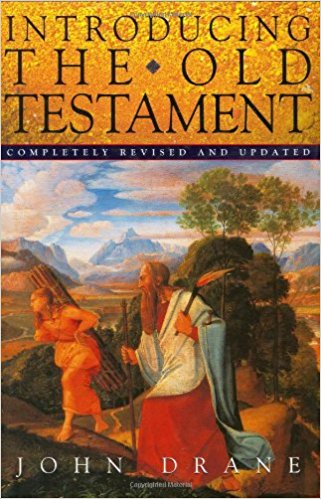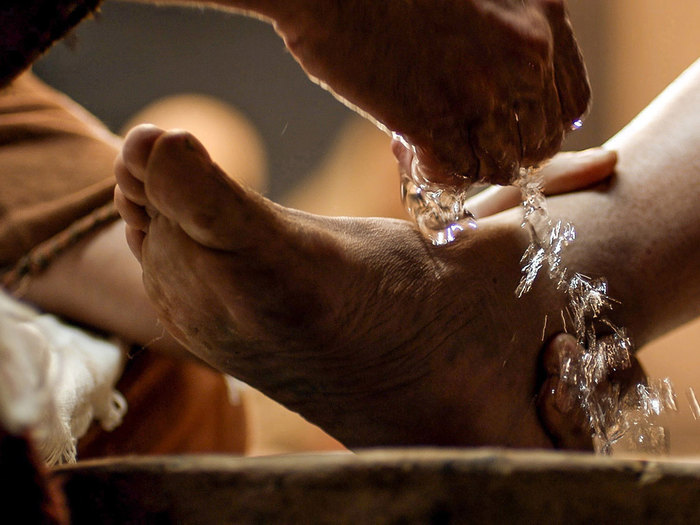God is not in the business of making wasted investments. Like any shrewd businessperson, he invests his gifts and blessings where he sees an opportunity for a return. Sometimes he gets a good return and sometimes he does not. That doesn’t deter him from making investments where he sees potential.

However, God’s business model is slightly different from what obtains on Wall Street and in the City of London. He doesn’t focus on enriching himself alone. He invests in people, places or things that will in turn invest what they are given in order to grow themselves and others – hence the natural process of procreation. Quite simply, God aims to develop people who do business like him so that his riches, blessings and gifts go as far and as wide as possible.
Why do I say this? Well, come with me to a rather inauspicious tale in the first book of Samuel. This is the story of Hannah, the mother of the prophet Samuel. Hers was a sad story. She was the first and more loved wife of her husband, but she was unable to have children. This resulted in mockery from the second wife, Peninnah, who had children and it came to a point that Hannah resorted to weeping, starvation and bitterness. She was so grieved in her spirit that she made a proposition to God that if he gave her a child, she would give that child back to him to serve in his house – all she wanted was for it to be known that she was not barren. In short, do something to shut Peninnah up! That’s how fed up she had become. Though scripture says that God had shut up her womb, [1]1 Samuel 1:5-6 he opened it again when Hannah presented him with an opportunity that he could not refuse. She had just invited him to invest in her and she had offered him a very attractive return.
Hannah invited God to invest in her and she had offered him a very attractive return.
At this point, you might understandably ask ‘Why? Why did God allow Hannah suffer humiliation and suffering until she offered him the unborn child before he decided to open her womb – something that was always within his power to do freely?’ Permit me to hazard a guess and say that perhaps everything that occurred in Hannah’s life, her barrenness and her persecution at the hand of Peninah, were tools that God used to bring her to the place of partnership with him. Why would I say so? Well, for the primary reason that, as I said before, God always has a purpose for whatever gift or blessing he gives, or whatever decision he takes. At the time, Eli was the spiritual leader of the Israelites but he was getting old and God had decided that his sons, Hophini and Phinehas, would not succeed him. [2]1 Samuel 2:22-36 So as much as Hannah needed a child, God also needed a new leader for his people. How better to address this situation than to solve two problems at once. Hannah would get the child she so desperately craved and if she kept her promise, God would get a helper.
At this point we must credit God with faith and Hannah with faithfulness. For God trusted Hannah to fulfil her end of the bargain and she was faithful enough to do so. True to her vow, when the child Samuel was old enough she took him back to the temple to live his life in service to God. God in turn opened Hannah’s womb repeatedly and she was the mother of five more children after Samuel. In fact, 1 Samuel 2:20-21 records the fulfilment of Hannah’s vow as a loan to God of which she got a 500% return on. One child in the service of God, five more in return. Not only did God see Hannah as potential investment, he saw the fulfilment of her vow as her investing in him. Although there was no express agreement on this part of the transaction between God and Hannah, it is clear to see that God takes faithfulness very seriously and rewards those who honour their commitments to him.
In many ways, we are all like Hannah. We want things and we pray, beg and plead until we either get them or give up.
Hannah’s experience is not unique. There are other biblical examples of women whose wombs God used to bring forth special children, covenant children. The mother of Samson was one such example and Elizabeth the mother of John the Baptist was another. In both circumstances the women were barren but when it was time for them to bring forth, they had rather peculiar children who went on to become people with a special calling. While we were not provided with the details of these women’s circumstances, we have Hannah’s as a guide because in many ways, we are all like Hannah. We want things and we pray, beg and plead until we either get them or give up. However, her experience prompts us to ask a question that hardly crosses our minds when in the throes of desire and despair – How would God benefit from us getting what we so desperately want? It’s understandably not a question that comes naturally, as God is seen as the one who owns everything anyway; but here we are encouraged to realise that even though he owns everything, in some situations he wants you and I to partner with him in order to bring his will to fruition.
Please, do not think that I am advocating for people making monetary vows to ministers and televangelists who will use it to fund their inordinately lavish lifestyles. Far from it, for when God is in need of a partner, it’s not always financial. In Moses, he found someone to lead his people out of slavery, in Joseph he found someone to make provision for the Israelites in the time of famine and in Jesus, he found a willing son who would assist in his project of reuniting the world unto himself. However, it’s not until we have done something big and monumentally life changing like offering our children in the service of God that we collaborate with God. For we are able to do so in other smaller yet significant things.
According to the prophet Micah [3]Micah 6:6-8 it is not until we come to God with offerings and the fruit of our body that we show faithfulness and partnership. What God requires is that we act justly, love mercy and walk humbly’ with him. Another prophet, Isaiah, was of similar persuasion. Through him, we understand that the fast that God requires is not just denying one’s self while doing things that end in wickedness, conflict and strife. Instead, he desires that we ‘loose the chains of injustice and untie the chords of the yoke, set the oppressed free, share food with the hungry, provide the poor wanderer with shelter, clothe the naked.’ ONLY THEN will he hear when we call and cry for help. ONLY THEN will we be healed. ONLY THEN will he guide us, satisfy our needs and strengthen us. [4]Isaiah 58:2-11
Ask not what our God can do for us but what we can do for our God.
If these prophets of God are right, then sometimes all God wants us to do is to demonstrate to him how we will use what we ask of him to make the world a better a place – a place where the oppressed find justice, where the hungry are fed and where the homeless find shelter. Convince him that you are a worthwhile investment. Sometimes this involves demonstrating that we can do this with what we already have. For though we may not have everything we want, we have what is needed to make a difference. Have you given to someone in need, whether it is your money or your time? Have you stood up for someone who was oppressed? Have you done something to make someone else’s life easier? Well, if you have, you are well on the way to demonstrating that you know what to do with what God has given you.
We all need to start looking at the challenging situations in our lives differently, because that seemingly unobtainable job, house, car, life partner or child might just be the opportunity that God is using to get us to a place where we can partner with him. Like the quote made famous by President Kennedy let’s begin to ‘ask not what our God can do for us but what we can do for our God.’ Better still, perhaps we should ask ‘What’s in it for God?’


